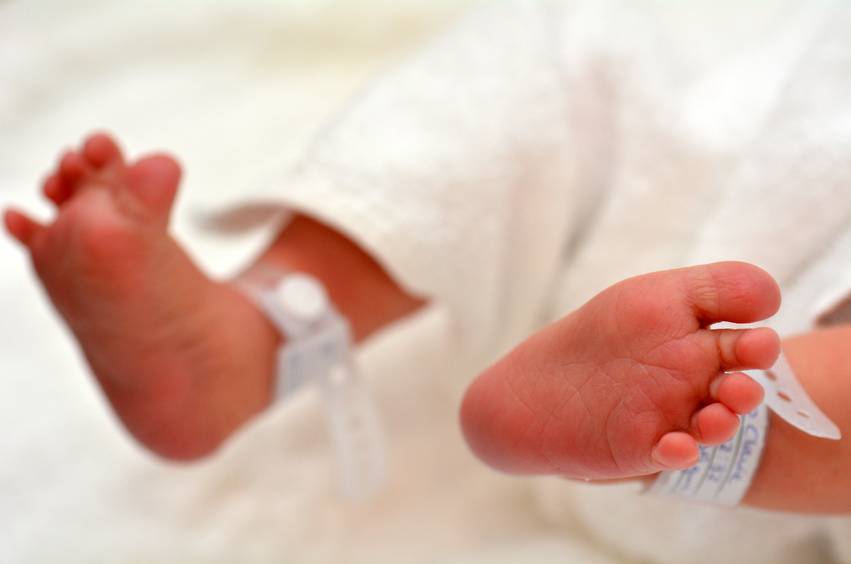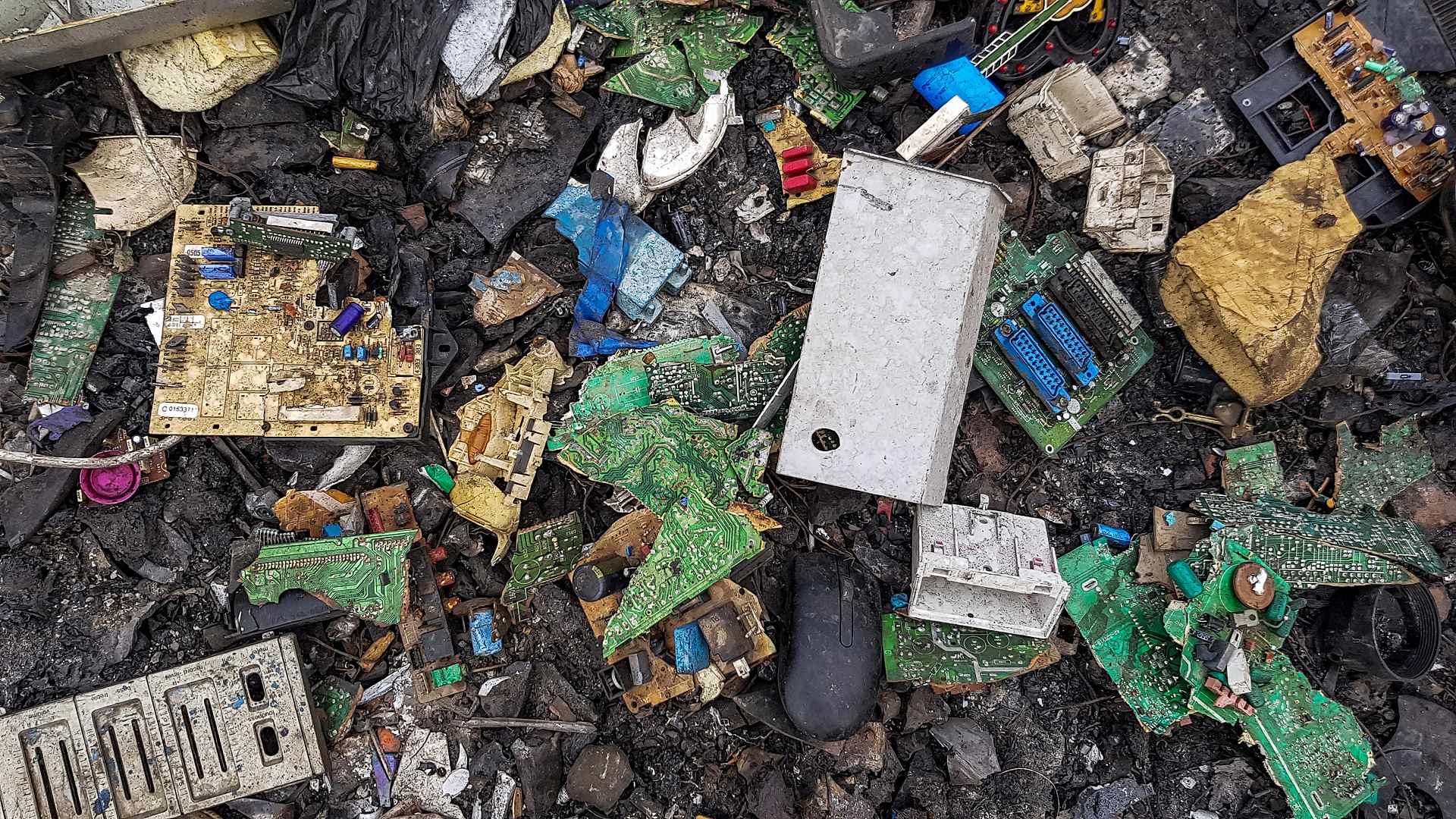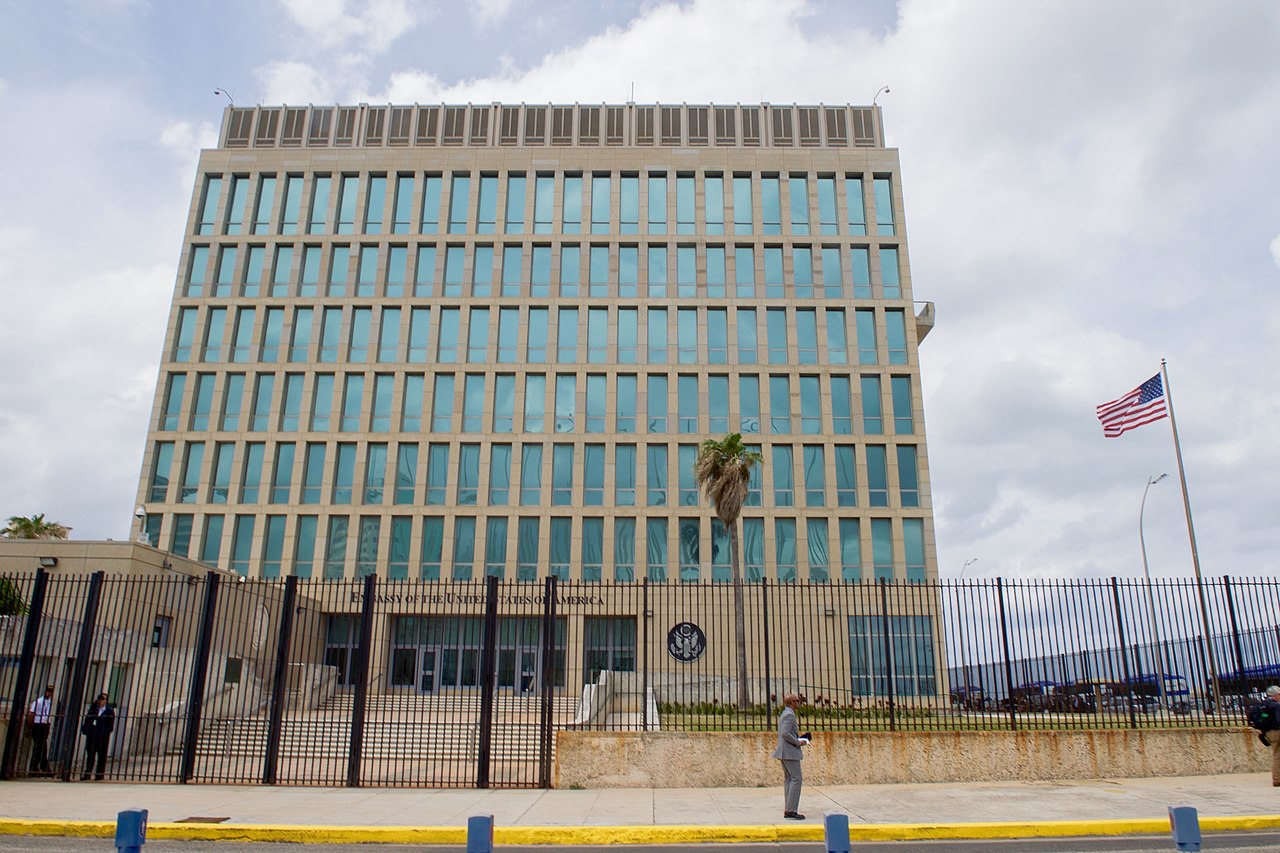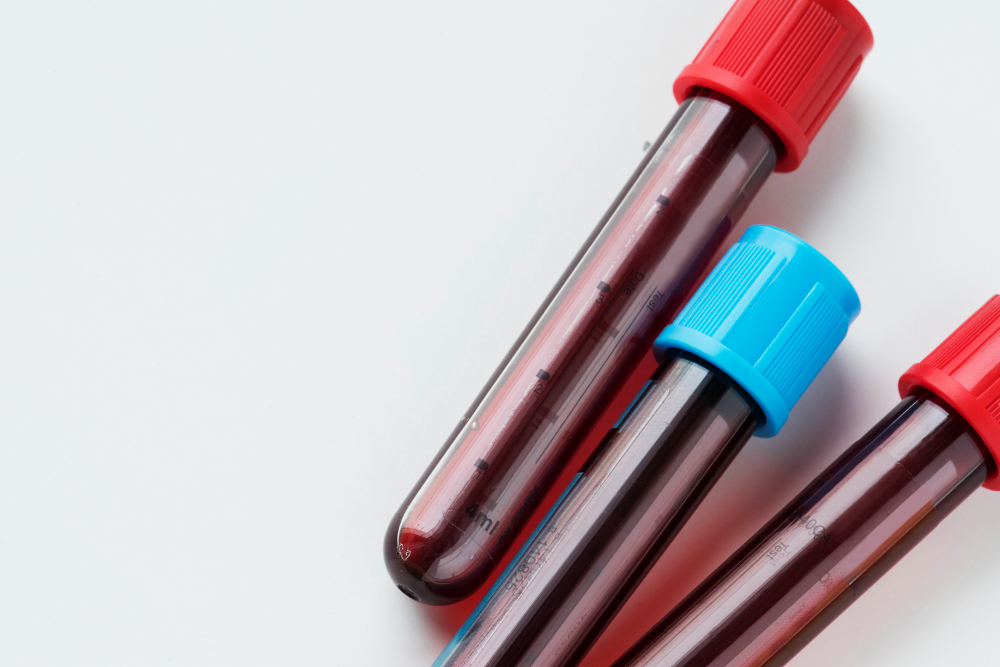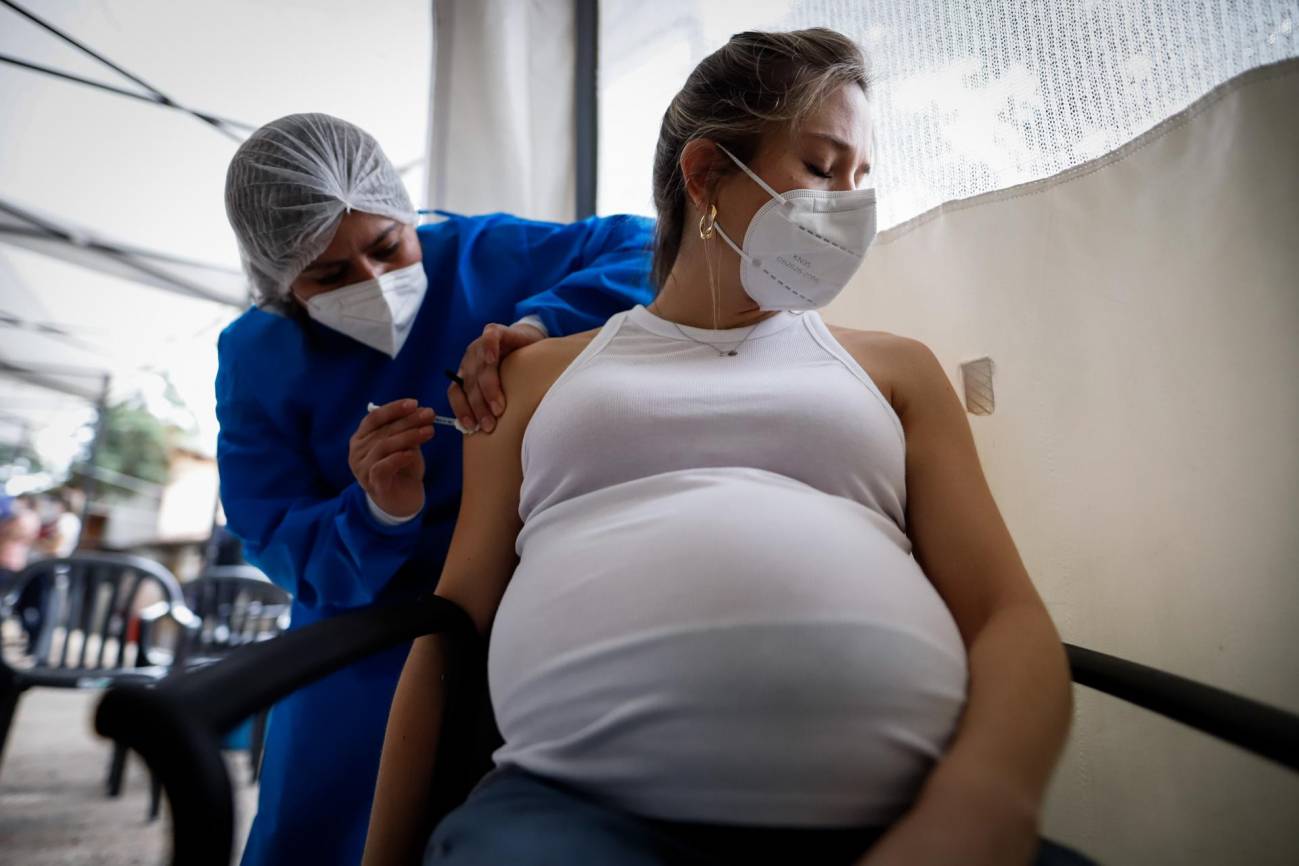Reactions to study predicting large drop in global fertility rate
Work by the Institute for Health Metrics and Evaluation (IHME) estimates that by 2050, more than three quarters (155 out of 204) of countries will not have fertility rates high enough to maintain their population size. The percentage will rise to 97% by the year 2100. The authors warn that national governments must plan for the threats these changes will pose to the economy, food security, health, the environment and geopolitical security. The findings are published in the journal The Lancet.
